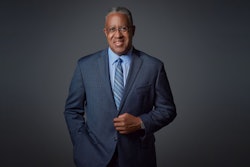Blogging Rights
Growing in popularity among students and scholars, blogs are
raising issues regarding free speech for university administrations
By Dina M. Horwedel
For a year and a half, Meg Spohn served as an adjunct faculty member at DeVry University’s Westminster, Colo., campus. A well-liked instructor, her engaging teaching style landed her the position as department chair of communications and composition. But one month after her promotion, she was fired for content posted on her personal blog.
Spohn says she was never told what content was objectionable, never informed of guidelines regarding faculty/staff blogging and never given the opportunity to remove the content in question from her blog. She was told only that the academic dean and the human resources department were aware of her blog and that she was being fired. DeVry officials did not return calls seeking comment.
“How I ‘denigrated’ them is a mystery to me, and I never said anything negative about the students,” says Spohn, currently a doctoral candidate at the University of Denver. She says she made the circumstances surrounding her firing public because she says few employers have guidelines about blogging, and many employees have some sort of Internet presence.
The explosion in blogs, or “Web logs,” has generated a new wrinkle in an old free speech argument. Are colleges and universities developing and adequately explaining their policies on blogging? Do faculty have free speech rights when it comes to off-campus expression on blogs, even if the postings are critical of the school?














